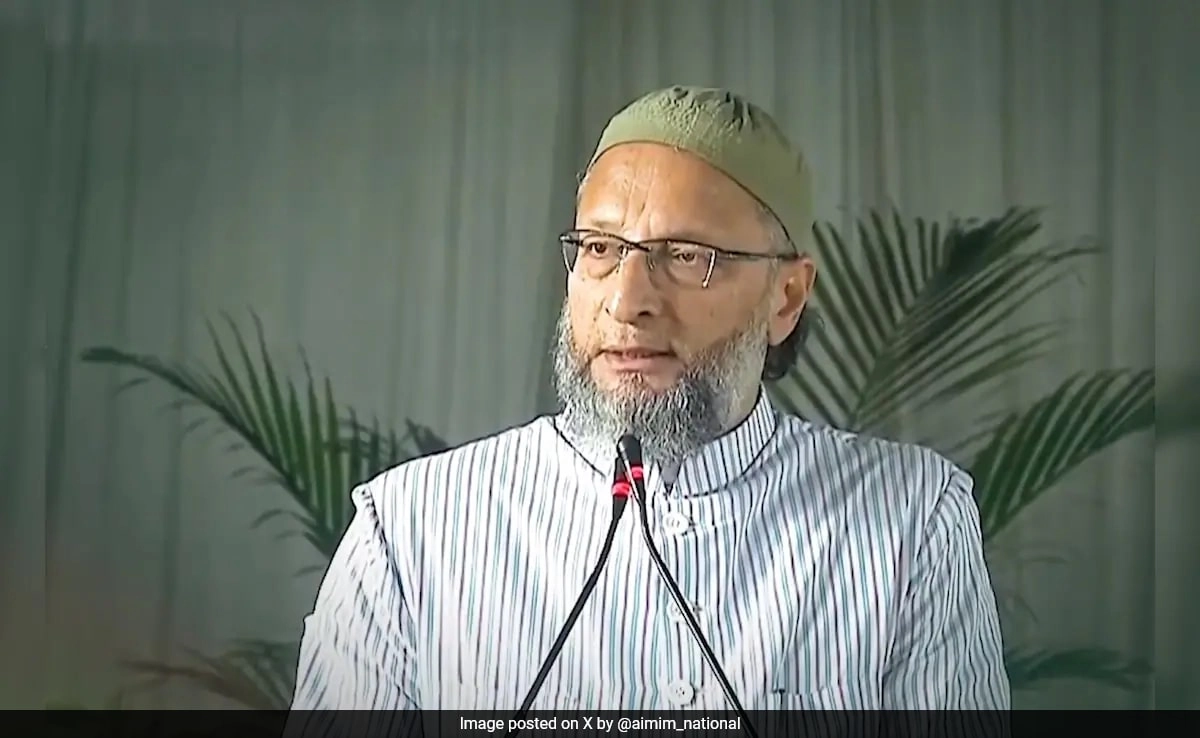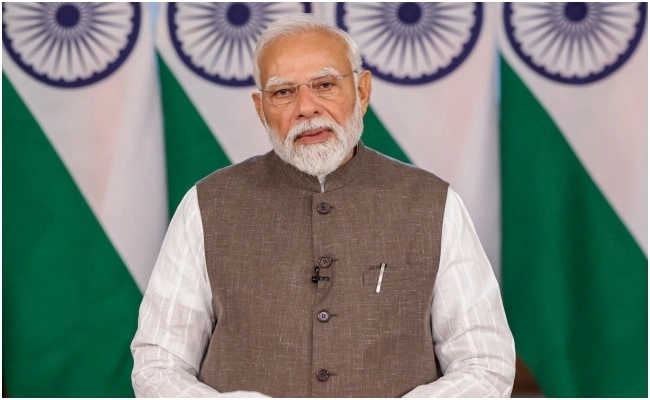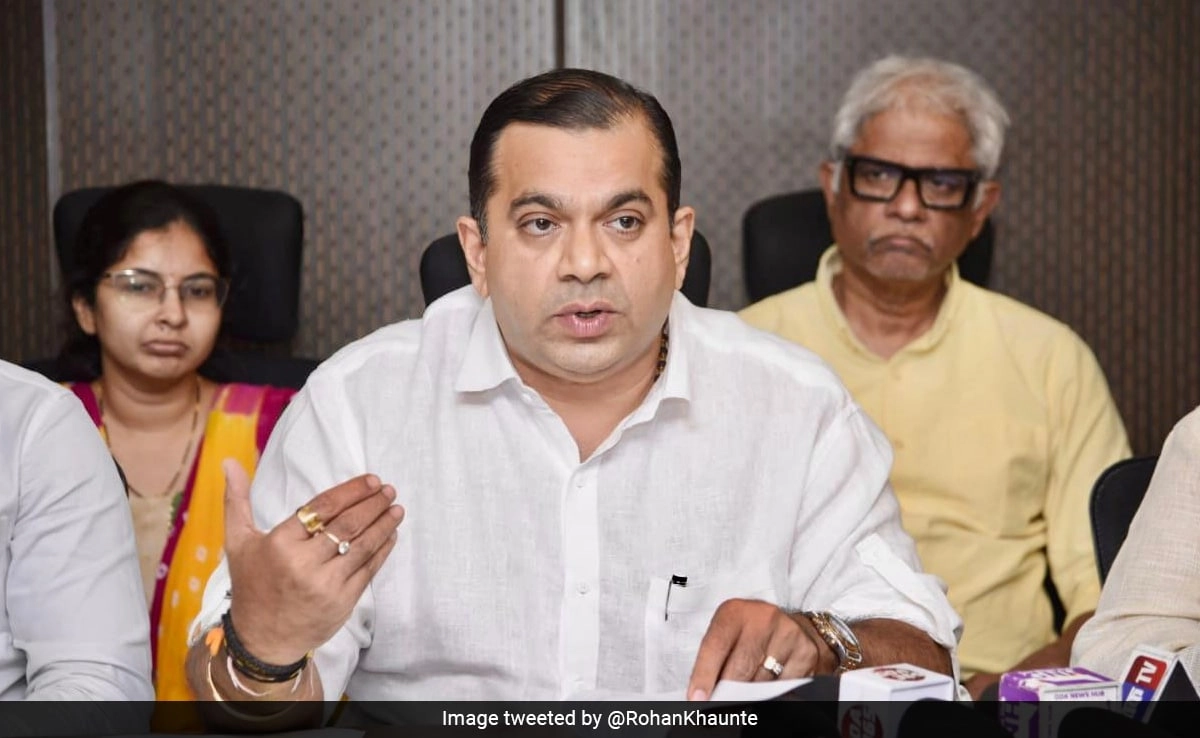In a provocative moment in the ongoing geopolitical tensions involving the United States and Iran, Indian politician Asaduddin Owaisi posed a thought-provoking question directed at Pakistan. Amidst reports of U.S. military actions against Iranian targets, Owaisi’s inquiry highlights the intricate web of international relations and the moral dilemmas faced by nations in conflict. His question, which centers around the Nobel Peace Prize, invites a deeper examination of the criteria and implications behind such prestigious awards within the context of global politics.
Owaisi’s comments serve to underscore the complexities surrounding the perceived actions of nations, especially in regions where military interventions and diplomatic negotiations often intersect. The U.S. involvement in Iran has raised numerous concerns regarding sovereignty, human rights, and the broader implications for stability in the Middle East. By juxtaposing this with a question directed at Pakistan, Owaisi aims to provoke thought on how nations are held accountable for their actions and the role international accolades, like the Nobel Peace Prize, play in shaping narratives around peace and conflict resolution.
Furthermore, Owaisi’s remarks resonate with the sentiments of many who question the consistency and integrity of international bodies in awarding such honors. The ongoing conflicts and the way they are addressed by global powers often lead to accusations of hypocrisy. His inquiry encourages a critical reflection on whether the criteria for such accolades are applied uniformly or if they vary depending on the political affiliations or alliances of the countries involved. This discourse becomes even more pertinent in a time when the global community grapples with significant challenges, including terrorism, nuclear proliferation, and the refugee crises resulting from military conflicts.
In essence, Asaduddin Owaisi’s challenge to Pakistan regarding the Nobel Prize raises essential questions about the nature of peace, conflict, and accountability on the world stage. It invites political leaders and citizens alike to reflect on their values and the implications of international recognition in a world often marred by war and discord. As the U.S. continues its military operations in Iran, such discussions become crucial for fostering a deeper understanding of how nations navigate the tumultuous landscape of international relations and the quest for enduring peace.




